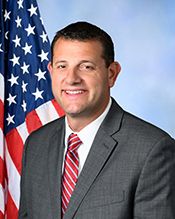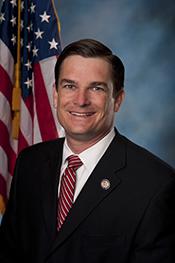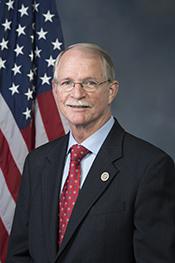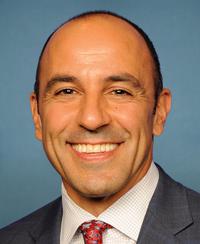0
Food Traceability Enhancement Act
3/31/2024, 4:05 AM
Summary of Bill HR 7563
Under the Food Traceability Enhancement Act, food producers, processors, and distributors would be required to maintain records of the origin and movement of their products throughout the supply chain. This information would be stored in a centralized database that can be accessed by government agencies and other stakeholders in the event of a food safety issue.
The bill also includes provisions for the use of technology, such as blockchain and other digital tools, to improve the accuracy and efficiency of food traceability systems. Additionally, the legislation calls for increased collaboration between federal, state, and local agencies to streamline the traceability process and ensure a rapid response to food safety threats. Overall, the Food Traceability Enhancement Act aims to modernize and strengthen the nation's food traceability systems in order to better protect consumers from foodborne illnesses and ensure the safety and security of the food supply chain.
Congressional Summary of HR 7563
Food Traceability Enhancement Act
This bill modifies requirements relating to recordkeeping and traceability of foods that may cause outbreaks of foodborne illnesses.
Specifically, the bill reduces the maximum time for which food manufacturers or processors must retain records of high-risk foods (i.e., those that are prone to causing outbreaks of foodborne illnesses) from two years to one year. It also specifies that recordkeeping requirements for high-risk foods may not require restaurants, retail food establishments, or related warehouses to keep or share information about traceability lot codes.
The Food and Drug Administration (FDA) must conduct pilot projects with members of the retail food industry to evaluate the effectiveness of investigations of outbreaks of foodborne illnesses without using traceability lot codes, as well as the feasibility of using low-cost food tracing technologies. The bill also specifies that the FDA's rule titled Requirements for Additional Traceability Records for Certain Foods, which was published on November 21, 2022, may not be implemented until two years after the pilot projects are completed (the rule establishes the recordkeeping requirements for manufacturers or processors of high-risk foods, which include keeping and sharing traceability lot codes).
The FDA must also report on any barriers that prevent the FDA from sharing information with the retail food industry about investigations into outbreaks of foodborne illnesses.





